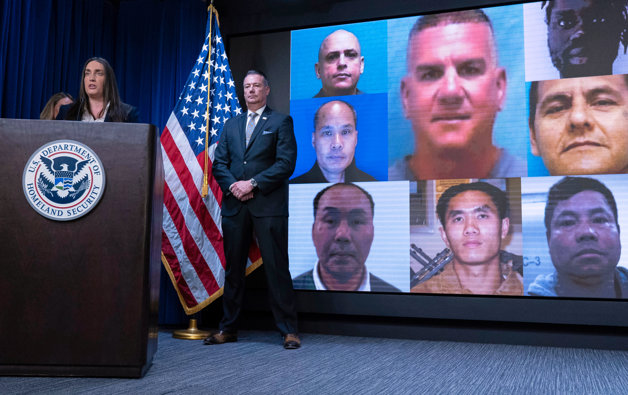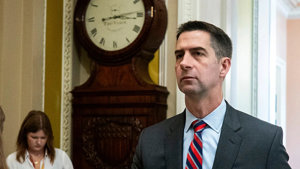
Supreme Court Allows Deportation of Criminals to South Sudan
Supreme Court lifts court block, enabling DHS to deport eight violent criminals to South Sudan after weeks of delay.
Deportation Order Ends Legal Standoff
Eight criminal illegal aliens were deported to South Sudan on Independence Day, concluding a contentious standoff that had left immigration officers stranded abroad and fueled concerns over public safety. The Department of Homeland Security (DHS) announced the successful operation on Saturday, highlighting the challenges faced by Immigration and Customs Enforcement (ICE) in the weeks leading up to the deportations.
The deportation effort had been delayed by a series of lower court rulings, which blocked enforcement of the Trump administration’s third-country removal policy. These delays, according to DHS officials, put law enforcement personnel at increased risk while the eight men were held in Djibouti pending the outcome of ongoing legal challenges.
The Supreme Court’s July 3 ruling overturned the lower court decisions, granting the administration’s motion and clearing the path for the deportations. Assistant Secretary Tricia McLaughlin credited the high court’s intervention for breaking the legal logjam and restoring operational authority to ICE. “These sickos were finally deported to South Sudan on Independence Day,” McLaughlin said, adding, “After weeks of delays by activist judges that put our law enforcement in danger, ICE deported these eight barbaric criminal illegal aliens who are so heinous even their own countries will not accept them.”
Criminal Histories and Public Safety Concerns
The eight deported men were identified as having extensive and violent criminal backgrounds. Among them were individuals convicted of murder, kidnapping, armed robbery, sexual assault, and child exploitation. For example, Enrique Arias-Hierro, a Cuban national, was convicted of homicide and multiple violent offenses, while Jose Manuel Rodriguez-Quinones faced convictions for attempted first-degree murder, battery, and drug trafficking. The group also included offenders from Mexico, Laos, Burma, and Vietnam, each with a record of serious crimes.
“These are not just immigration cases,” McLaughlin stated. “These are threats to American communities that judges tried to force ICE to return to the United States.” The Department underscored the gravity of the charges and argued that judicial intervention placed American neighborhoods at risk by delaying removal of dangerous individuals.
The DHS statement also expressed gratitude to ICE officers who remained abroad during the court-imposed pause. “We thank our brave ICE law enforcement for their sacrifice to defend our freedoms,” McLaughlin said. “We will continue to fight for the freedoms of Americans while these far-left activists continue to try and force us to bring murderers, pedophiles and rapists back to the U.S.”
While the White House did not immediately comment, DHS concluded that the Supreme Court’s clarification was “a win for the rule of law, safety and security of the American people.” As legal and policy battles over immigration continue, the agency signaled its commitment to pursuing enforcement actions designed to protect communities and uphold the administration’s immigration agenda.






